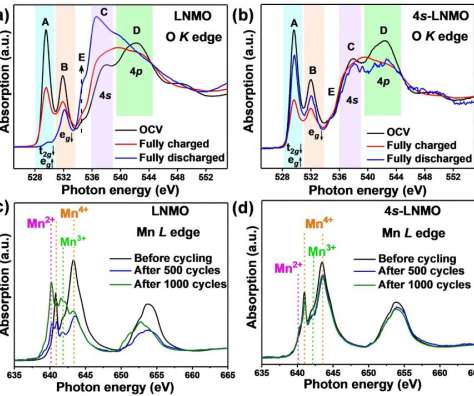Novel molecular orbital interaction stabilizes cathode materials for lithium-ion batteries
Green Car Congress
NOVEMBER 4, 2022
An international team led by scientists from the Institute for Superconducting and Electronic Materials at the University of Wollongong in Australia has verified that the introduction of novel molecular orbital interactions can improve the structural stability of cathode materials for lithium-ion batteries.












Let's personalize your content